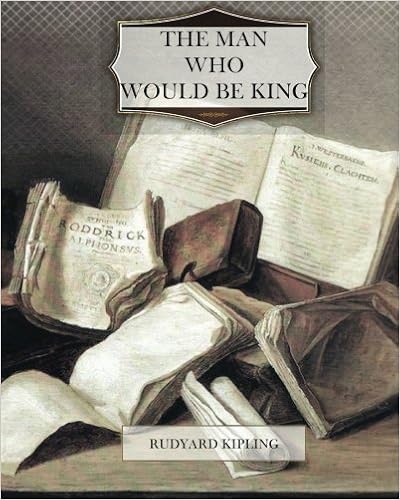
Kipling: Poems: Edited by Peter Washington (Everyman's Library Pocket Poets Series)
Hardcover – Deckle Edge, October 16, 2007
Description
Rudyard Kipling was born in Bombay, India to British parents on December 30, 1865. In 1871, Rudyard and his sister, Trix, aged three, were left to be cared for by a couple in Southsea, England. Five years passed before he saw his parents again. His sense of desertion and despair were later expressed in his story “Baa Baa, Black Sheep” (1888), in his novel The Light that failed (1890), and his autobiography, Something of Myself (1937). As late as 1935 Kipling still spoke bitterly of the “House of Desolation” at Southsea: “I should like to burn it down and plough the place with salt.”At twelve he entered a minor public school, the United Services College at Westward Ho, North Devon. In Stalky and CO. (1899) the myopic Beetle is a self-caricature, and the days at Westward Ho are recalled with mixed feelings. At sixteen, eccentric and literary, Kipling sailed to India to become a journalist. His Indian experiences led to seven volumes of stories, including Soldiers Three (1888) and Wee Willie Winkie (1888).At twenty-four he returned to England and quickly tuned into a literary celebrity. In London he became close friends with an American, (Charles) Wolcott Balestier, with whom he collaborated on what critics called a “dime store novel.” Wolcott died suddenly in 1891, and a few weeks later Kipling married Wolcott’s sister, Caroline. The newlyweds settled in Brattleboro, Vermont, where Kipling wrote The Jungle Book (1895), and most of Captains Courageous (1897). By this time Kipling’s popularity and financial success were enormous.In 1899 the Kipling’s settled in Sussex, England, where he wrote some of his best books: Kim (1901), Just So Stories (1902), and Puck of Pooks Hill (1906). In 1907 he received the Nobel Prize for literature. By the time he died, on January 18 1936, critical opinion was deeply divided about his writings, but his books continued to be read by thousands, and such unforgettable poems and stories as “Gunga Din,” “If,” “The Man Who Would Be King,” and “Rikki-Tikki-Tavi” have lived on in the consciousness of succeeding generations. Peter Washington is the editor of several Everyman's Library Pocket Poet anthologies, including Love Poems , Friendship Poems , and Poems of Mourning .
Features & Highlights
- Beloved for his fanciful and engrossing children’s literature, controversial for his enthusiasm for British imperialism, Rudyard Kipling remains one of the most widely read writers of Victorian and modern English literature. In addition to writing more than two dozen works of fiction, including
- Kim
- and
- The Jungle Book
- , Kipling was a prolific poet, composing verse in every classical form from the epigram to the ode. Kipling’s most distinctive gift was for ballads and narrative poems in which he drew vivid characters in universal situations, articulating profound truths in plain language. Yet he was also a subtle, affecting anatomist of the human heart, and his deep feeling for the natural world was exquisitely expressed in his verse. He was shattered by World War I, in which he lost his only son, and his work darkened in later years but never lost its extraordinary vitality. All of these aspects of Kipling’s poetry are represented in this selection, which ranges from such well-known compositions as “Mandalay” and “If” to the less-familiar, emotionally powerful, and personal epigrams he wrote in response to the war.



